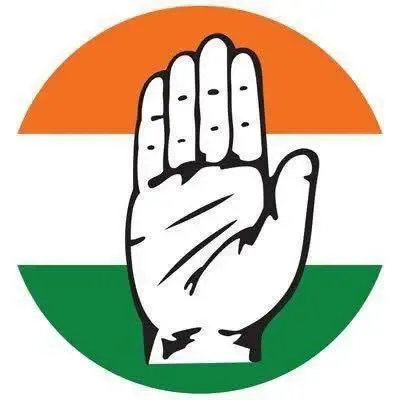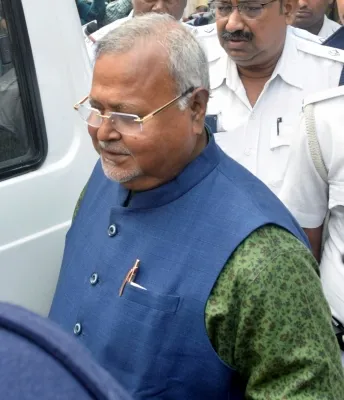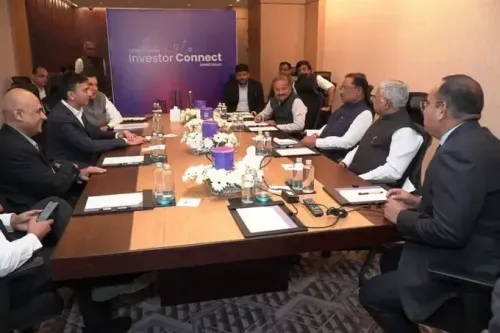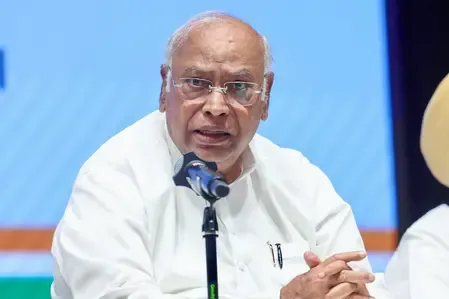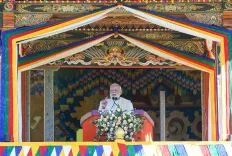Has the Cabinet Approved a Scheme Exceeding Rs 15 Cr to Expand PG and UG Seats for Medical Education?
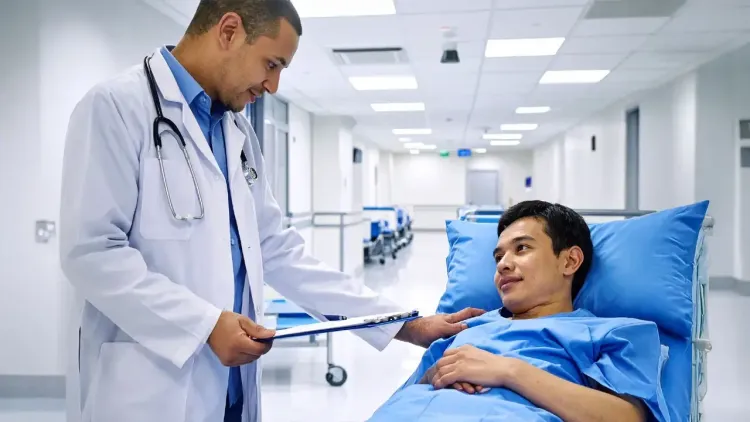
Synopsis
Key Takeaways
- Expansion of 10,023 medical seats to enhance healthcare capacity.
- Financial allocation of Rs 15,034.50 crore to support this initiative.
- Focus on improving healthcare access in underserved regions.
- Boost in healthcare employment opportunities and socio-economic development.
- Enhancement of medical education quality to meet global standards.
New Delhi, Sep 24 (NationPress) In an effort to enhance the overall supply of medical professionals in the nation, the Union Cabinet, led by Prime Minister Narendra Modi, on Wednesday sanctioned a plan to increase 5,000 PG seats and 5,023 MBBS seats with a total financial allocation of Rs 15,034.50 crore.
The endorsement of Phase III of the Centrally Sponsored Scheme (CSS) seeks to bolster and modernize existing state and central government medical colleges, independent PG institutes, and government hospitals.
The expansion will occur “with an increased cost ceiling of Rs. 1.50 crore per seat,” as per a Cabinet Communique.
“The overall financial impact of these two initiatives is Rs 15,034.50 crore for the period stretching from 2025-26 to 2028-29. Out of this amount, the central government will contribute Rs 10,303.20 crore while the states will contribute Rs 4,731.30 crore,” the statement noted.
This new initiative follows PM Modi's announcement during his Independence Day speech in 2024, where he articulated that the Central government aims to create 75,000 new medical seats over the next five years to enhance the nation’s healthcare framework.
Currently, India boasts 808 medical colleges -- a record globally, with a total capacity for 1,23,700 MBBS seats.
Over the past decade, the country has introduced more than 69,352 new MBBS seats, reflecting a remarkable growth of 127 percent.
During the same timeframe, 43,041 PG seats were also added, showcasing an impressive growth of 143 percent.
However, in certain regions, there remains a pressing need to enhance capacity to meet the demand, accessibility, and affordability of healthcare.
The new scheme “will substantially enhance the undergraduate medical capacity, availability of specialist doctors, and facilitate the introduction of new specialties across government medical institutions, thereby improving access to quality healthcare, particularly in underserved areas,” the Cabinet asserted.
It will encourage a balanced regional distribution of healthcare resources while remaining cost-effective by utilizing existing infrastructure.
Moreover, it aims to offer more opportunities for students pursuing medical education in India; improve the quality of medical education and training to align with global standards; and increase the availability of doctors and specialists to position India as a key destination for affordable healthcare, thus enhancing foreign exchange.
Significantly, the initiative is also anticipated to create direct and indirect employment prospects for doctors, faculty, paramedical staff, researchers, administrators, and support services; bolster the health system's resilience, and contribute to overall socio-economic progress; while promoting equitable distribution of healthcare infrastructure across States/UTs.

